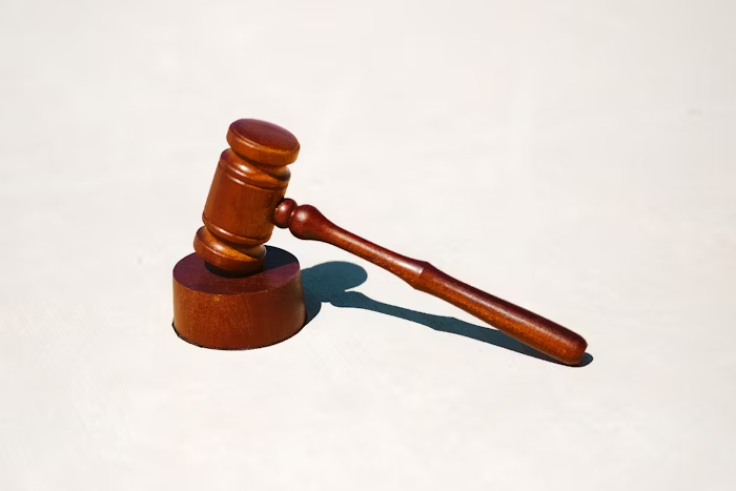Goldwater Institute Sues Education Department Seeking Release of Grand Canyon University Fine-Related Documents
ByThe Goldwater Institute, a conservative think tank, has taken legal action against the U.S. Department of Education, seeking access to emails and records related to the department's decision to levy a hefty $37.7 million fine on Grand Canyon University. The move comes amidst allegations of collaboration between federal agencies and concerns regarding transparency and due process.

Allegations of Misleading Practices and Largest Fine of Its Kind
In a significant development last October, the Education Department accused Grand Canyon University, a prominent Christian institution, of misleading thousands of students about the true costs associated with its doctoral programs. This accusation led to the imposition of a staggering $37.7 million fine, marking one of the largest fines of its kind in the realm of higher education. The Goldwater Institute promptly sought access to relevant documents and communications through a Freedom of Information Act (FOIA) request, aiming to shed light on the decision-making process behind this substantial penalty. However, the Education Department's failure to comply with the FOIA request prompted the Goldwater Institute to pursue legal recourse.
READ ALSO : FTC Sues Grand Canyon University, Alleging Deceptive Practices Targeting Doctoral Students
Controversy Surrounding Federal Agencies' Collaboration and Allegations of Targeting
Both Grand Canyon University and the Goldwater Institute have raised concerns about potential collaboration between officials at the Education Department and counterparts at the Federal Trade Commission and U.S. Department of Veterans Affairs. These allegations suggest a coordinated effort to target the university, possibly in retaliation for ongoing legal disputes and disagreements regarding the institution's nonprofit status. By pursuing access to pertinent records and emails, the Goldwater Institute aims to uncover any evidence of interagency collaboration and ensure transparency in the regulatory process.
Challenging Regulatory Decisions and Defending Academic Integrity
Grand Canyon University, which transitioned from a for-profit to nonprofit status in 2018 with IRS approval, has faced significant regulatory hurdles in its quest for federal financial aid eligibility. Despite legal challenges and accusations of misrepresentation, the university remains committed to upholding its academic integrity and defending its reputation. By appealing the Education Department's unprecedented fine, Grand Canyon seeks to contest the allegations and safeguard the interests of its students and stakeholders.
Demand for Disclosure and Transparency
Under the provisions of the Freedom of Information Act, the Goldwater Institute seeks disclosure of key communications and records, including emails exchanged between relevant officials at the Office of Federal Student Aid and the Federal Trade Commission. Additionally, the institute requests access to data regarding the volume and nature of complaints lodged against Grand Canyon's doctoral programs. By advocating for transparency and accountability in the regulatory process, the Goldwater Institute aims to uphold the principles of due process and fairness.
Support for Legal Action and Defense of Academic Freedom
Grand Canyon University stands firmly behind the Goldwater Institute's legal efforts, emphasizing the importance of defending academic freedom and institutional autonomy. The university asserts that the Education Department's actions and punitive measures are unwarranted and unjustified, posing significant challenges to the institution's mission and commitment to excellence in higher education. Despite the ongoing legal battle, Grand Canyon remains focused on serving its students and fostering a supportive learning environment.
Awaiting Regulatory Response and Advocating for Student Rights
As the legal proceedings unfold, both Grand Canyon University and the Goldwater Institute await a formal response from the Education Department regarding the release of requested documents and records. In the pursuit of justice and accountability, these entities remain steadfast in their advocacy for student rights, academic integrity, and transparency in higher education governance.
© 2025 University Herald, All rights reserved. Do not reproduce without permission.








